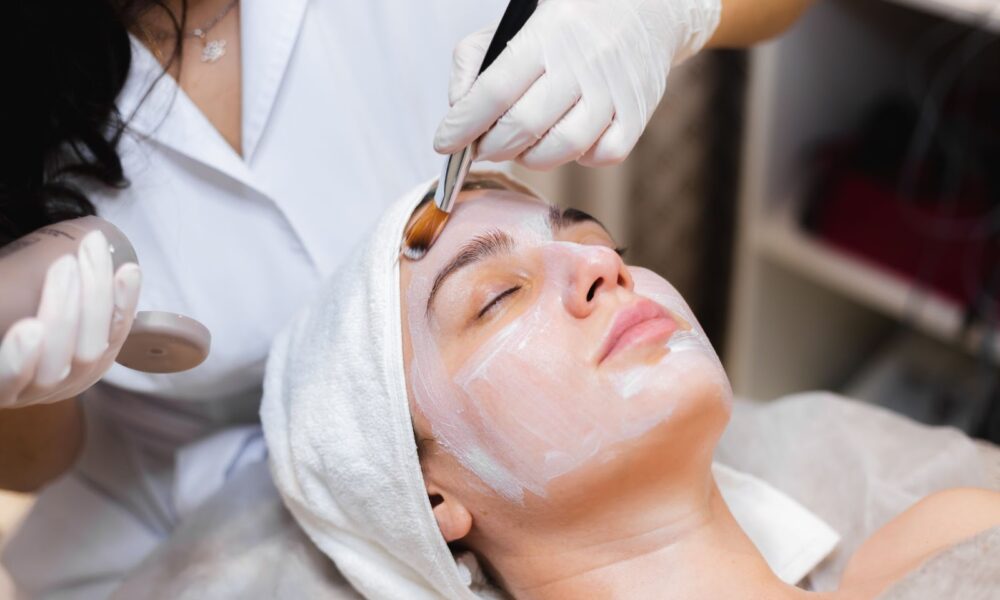Skin ailments range from life-threatening, such as skin cancer in Glen Allen, to disruptive yet non-fatal, such as contact dermatitis. Dermatologists shoulder the responsibility of treating all these conditions. Today, we’ll focus on the significant role these skin doctors play in managing and treating contact dermatitis, a condition that, while not as grave as skin cancer, can still significantly disrupt daily life.
What is Contact Dermatitis?
Contact dermatitis is a skin reaction. It happens when the skin comes in contact with certain substances. These substances can be anything from soaps and detergents to plants and jewelry.
Role of Dermatologists

Dermatologists bring relief to patients suffering from contact dermatitis. They perform skin tests to identify the troublesome substance. Afterward, they create a treatment plan. It often involves avoiding the substance and using prescribed creams.
Key Data
Let us look at some key data about contact dermatitis:
| TYPE OF CONTACT DERMATITIS | COMMON TRIGGERS | PREVALENCE IN POPULATION |
| Allergic contact dermatitis | Nickel, fragrances, poison ivy | About 20% |
| Irritant contact dermatitis | Detergents, soaps, disinfectants | About 80% |
Prevention Tips
Preventing contact dermatitis involves avoiding triggers. Dermatologists often recommend using gentle soaps and skin products. They may also suggest wearing protective clothing.
In conclusion, dermatologists play a central role in diagnosing and treating contact dermatitis. Their expertise brings relief to many. Dermatologists help us understand that, even if it is not as deadly as skin cancer, contact dermatitis still heavily impacts our daily lives.

